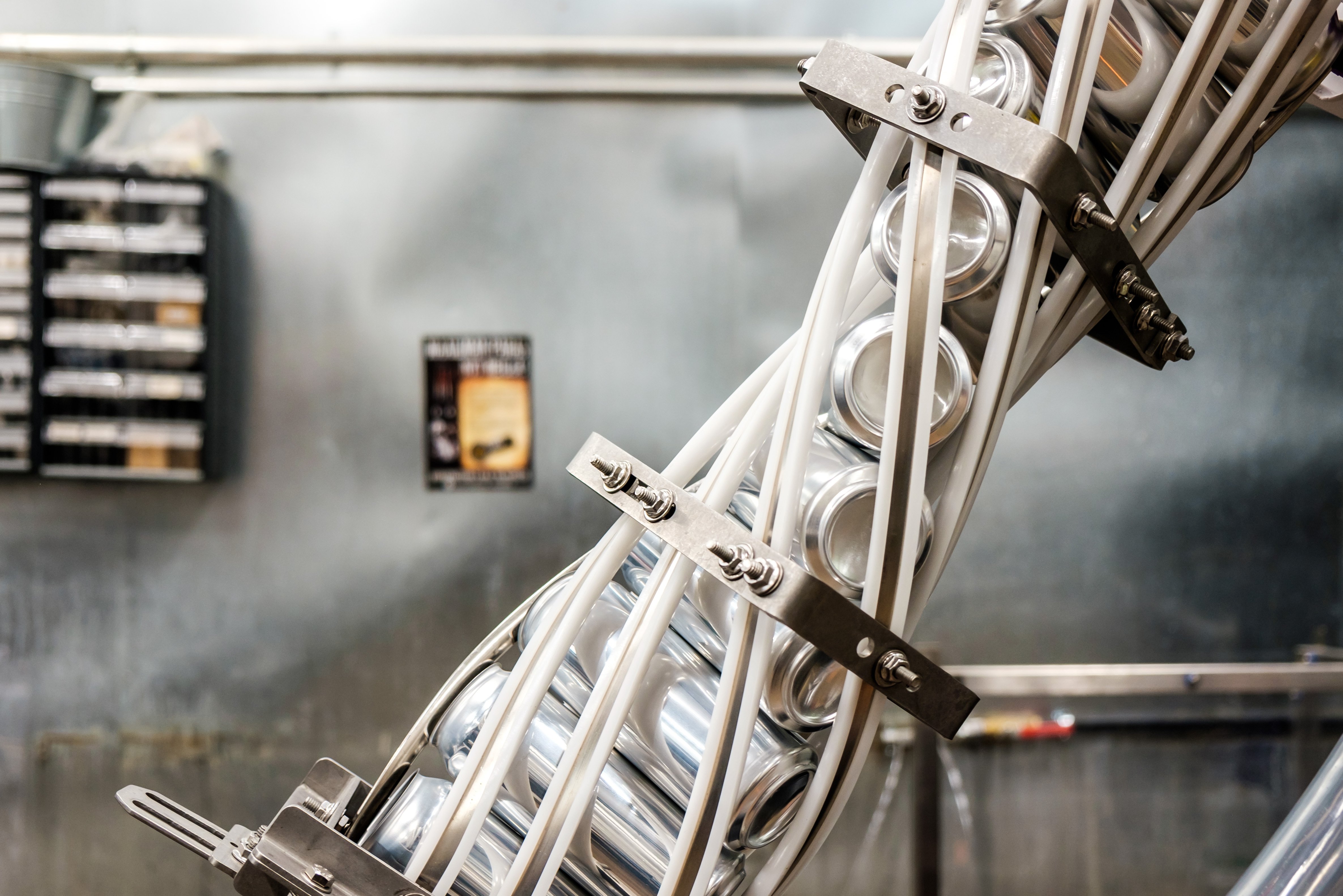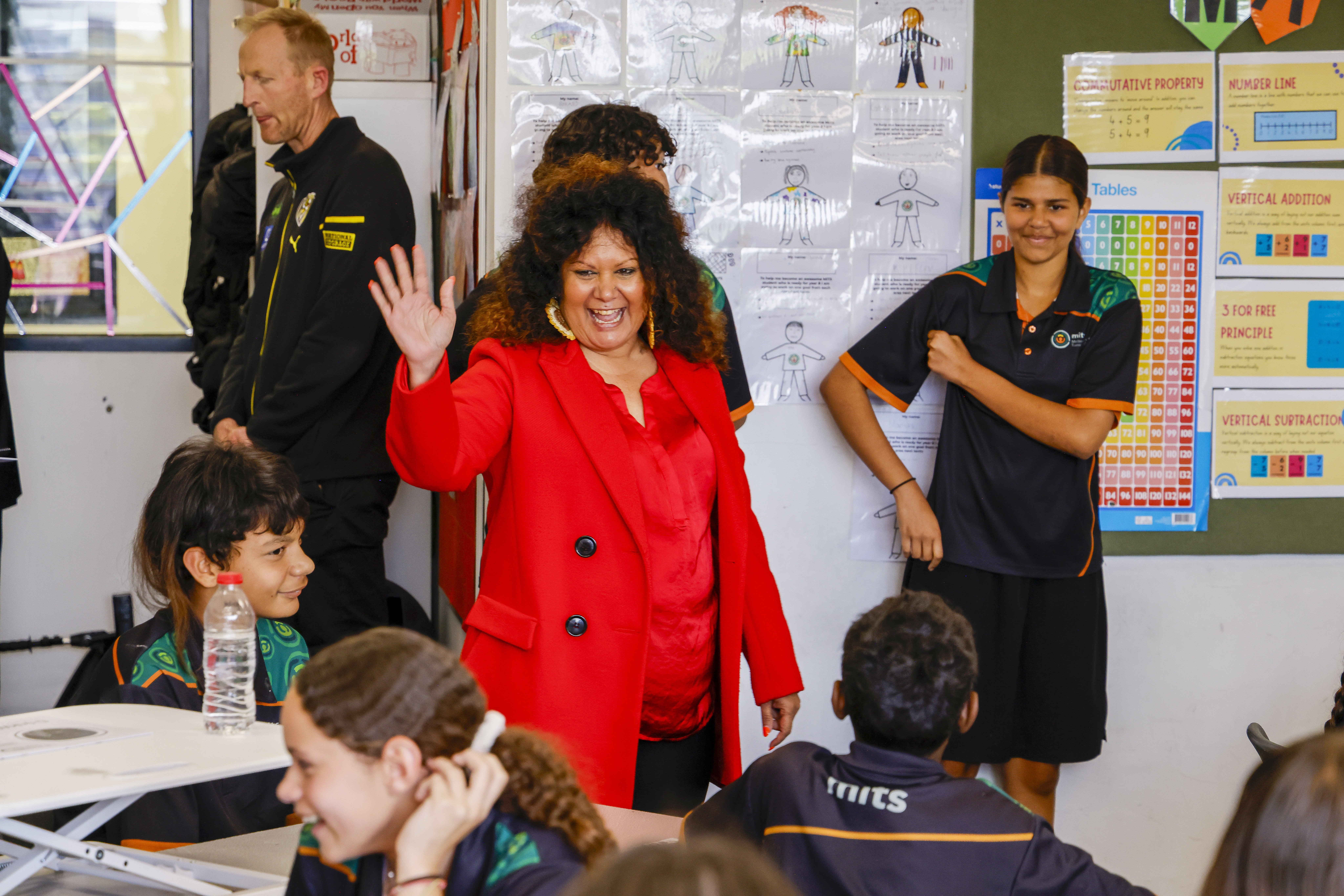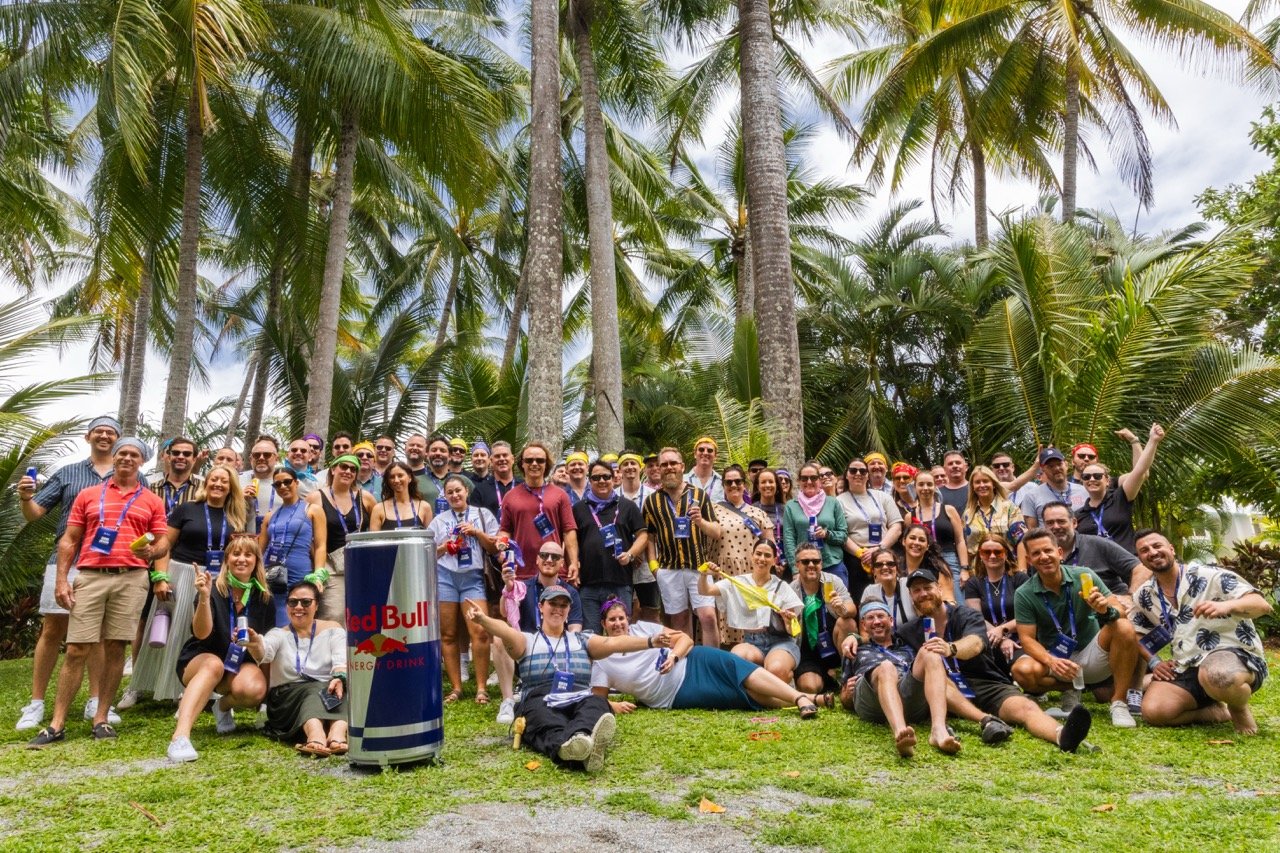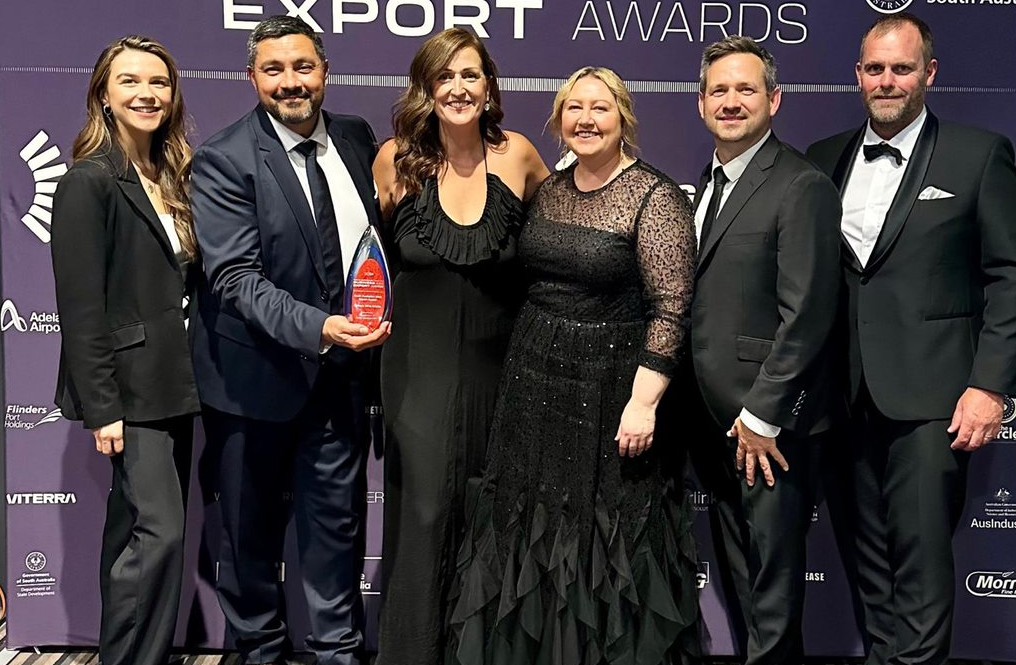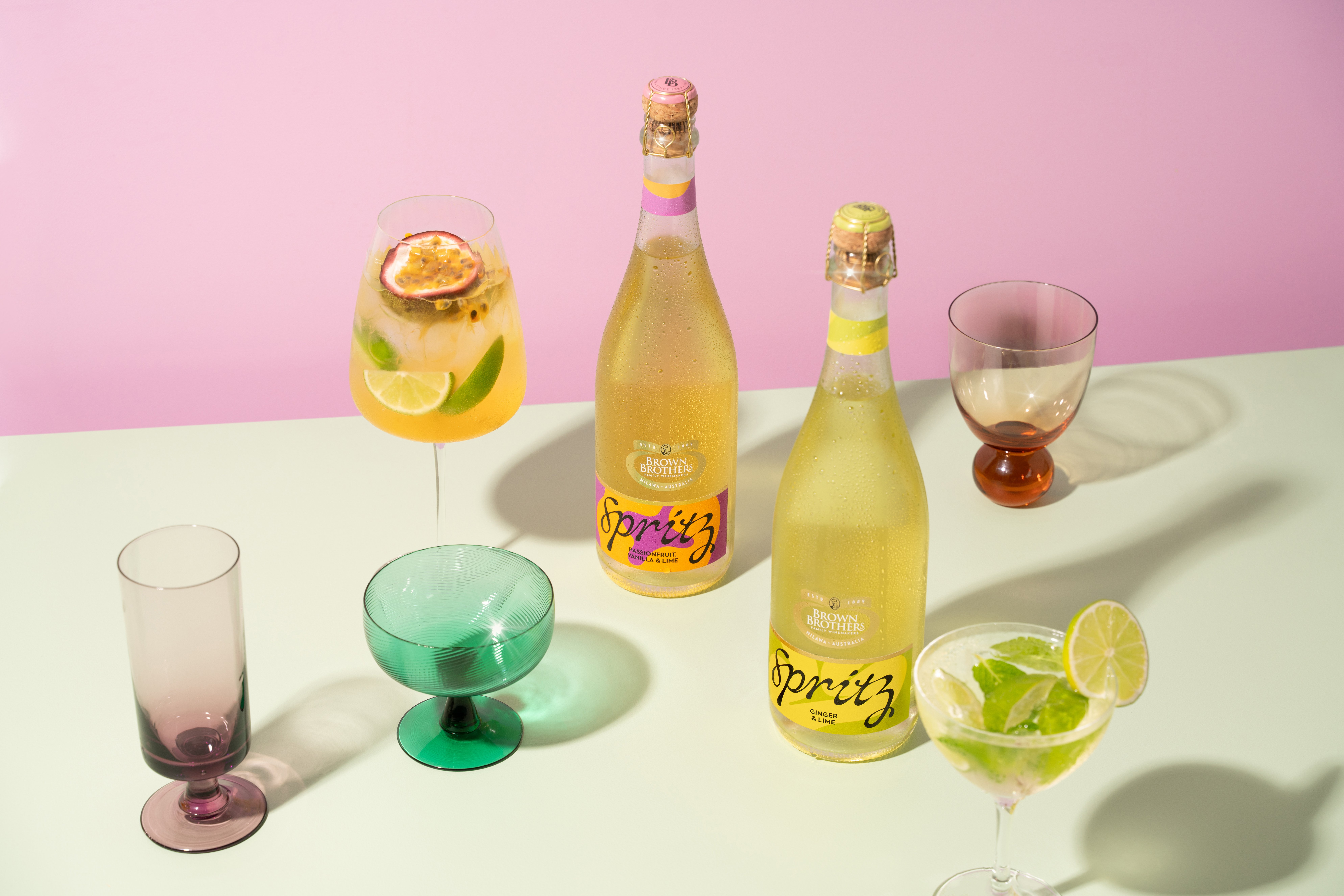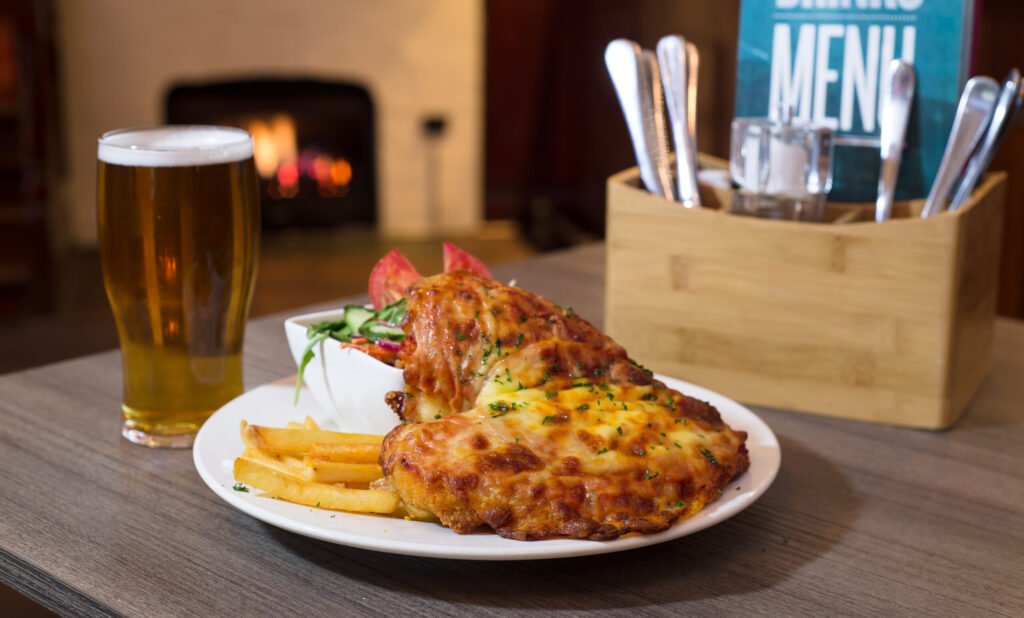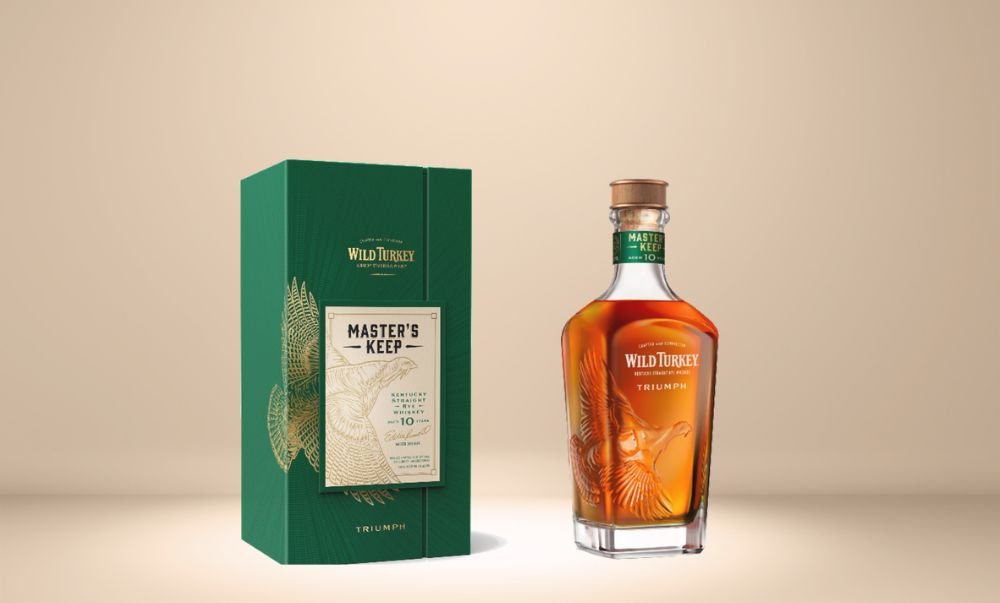The report, which was published on Tuesday, is saying that consumers who drink more than the recommended health guidelines suggest are the Australian alcohol industry’s “best consumers”.
According to FARE, the industry specifically brands this sector of the population (3.8 million Aussies as stated by FARE) as ‘super consumers’. However Mr. Woods’ comments suggest that the information that has been used to support such claims has been misconstrued.
FARE’s latest report "appears to be based on a non-scientific magazine article in a trade publication from 2014", Mr. Woods said.
“The magazine story FARE relies upon, interprets a presentation given to a sales conference in New Zealand in 2014 by independent market researchers Nielsen Research."
The article in National Liquor News relays comments made by Nielsen Executive Director Michael Walton during the presentation, which talked about the importance of retailers identifying demographics, but makes no suggestion that Nielsen pinpointed that as being consumers who drink over the recommended limit.
This is contrary to FARE’s claims, which says its new report “has exposed the Australian alcohol industry’s heavy reliance on risky drinkers, with over 3.8 million Aussies averaging more than four standard drinks of alcohol a day, twice the recommended health guidelines.
“Targeted by the alcohol industry and branded ‘super consumers’, the industry’s best customers represent just 20 per cent of Australians aged 14 and above, yet they account for a staggering 74.2 per cent all the alcohol consumed as a nation each year.”
Mr. Woods said that Nielsen had told the AHA that the objective of the presentation was to encourage manufacturers to innovate and create products for broad consumer consumption, not to target or label irresponsible drinkers. Nielsen also said that the presentation was based on non-liquor related US consumer data.
“Retailers and suppliers of alcohol take their obligation to supply liquor responsibly very seriously and specifically discourage excess and underage consumption. Strict guidelines and legislation contain penalties, trade restrictions and punitive measures against licensees and premises who do not comply”, Mr. Woods concluded.
Concerns now surround the reach of FARE’s report and the interpretation of such claims by industry stakeholders and consumers.
Share the content


